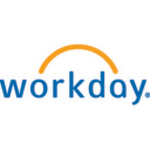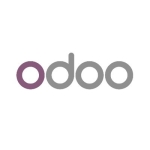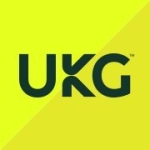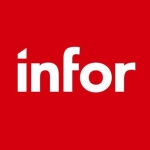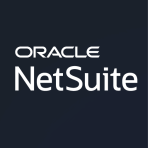What is most valuable?
The functional knowledge is the most valuable feature. Oracle EBS has many different problems, but I think the main feature is the functionality, how it works together. You can probably find other products that work with Oracle database, but because that’s their own product, EBS tightly integrates with it. I think that's the most valuable thing.
How has it helped my organization?
We needed to use financial software, anyway. I think it comes from the historical fact that we had Oracle software; we always had Oracle Database. So, from a licensing point of view, it made perfect sense. It integrates well.
We have a very strong presence from the PL/SQL developers point of view. We have good resources. We have a lot of in-house developed software and it has to integrate with Oracle. We do a lot of invoicing and so on feeding into the Oracle EBS system from our in-house system.
It was natural. The system is naturally a good fit, actually.
What needs improvement?
Their UI is not the best. It is an area with room for improvement, big time. I think they can go completely out of Java, the applet version. If they make it completely browser driven, like HTML and so on, that will be the best. Today, once in a while, it'll get out of sync. You don't have the latest version of Java. It uploads a whole slew of Java products and applets, which is very heavy-duty stuff. It doesn’t have to be.
These days, actually, everybody uses HTML-related stuff. They have started using it. It's a mix of both, actually, but they're not there yet. That's why you see a lot of other products that complement it.
I met one company at an Oracle conference that did just the re-skinning, just because their skin is not up to the mark; there's a lot of outdated stuff.
What do I think about the stability of the solution?
I would say 12.1, we upgraded two years ago. At this point, we are a little bit stable. We do have sometimes hanging systems, but I think it's mostly stable now.
What do I think about the scalability of the solution?
We do have some problems sometimes, but we are a small shop, we have 35-40 users, so it's not a huge shop. If you have a 200-something, or 500, users, I think they definitely would have issues. Personally, I haven't encountered many problems.
Once in a while, I'll have some problems. I'll have to restart the system. If it's in the middle of the day, we have all the users get kicked out, and then just a restart. It doesn't happen that often.
How was the initial setup?
It was not easy to set up.
That's actually one of the reasons we use Salesforce; we're loving it. We use Salesforce for our sales and marketing; no software, no maintenance. I have only a 2-3-person team. I myself oversee the department. I have one developer and one support person. Effectively, that support person is not even 100%, so he probably uses 20% of our time, maybe sometimes a little more than that. The developer is very rarely used. If you add all these three persons, it's not even one person who is actually managing the entire team.
Oracle, oh, my God. I have a team for hardware; you need some Oracle-related hardware stuff. Of course, they're not only doing the Oracle stuff, but you have to have someone. We have an Oracle apps DBA. I'm outsourcing that one. I have a functional guy; he uses 25% of his time now, but at one point, he was using 50% of his time. We also have our in-house PL/SQL developer. You can see how many people. It’s a lot of resources. Oh, man.
Upgrading is a nightmare. I mean, I shouldn’t describe it as a nightmare, but I get nervous whenever they upgrade. It's a lot of work; a lot of coordination; a lot of testing and all those things.
If it was in the cloud, I wouldn't worry about any of those things.
Which other solutions did I evaluate?
We did look at other products. We did look at Workday, and Salesforce also has a product called FinancialForce. Actually, the Workday partners are very, very expensive. They force you to choose one of their suggested partners; Oracle doesn't have that problem. I get it dirt cheap from somebody from India, Brazil, or somebody else, and I can get it done. As much as Workday’s licensing costs, it costs as much for doing the implementation. I wouldn't do that, but maybe there are companies who will do that. If I have to do that, no, not in the route, unless there is some overwhelming benefit in the 5-7 year timeframe.
We also looked at NetSuite, but not as much as Workday. We actually were thinking of doing more on that, but we didn't have anybody come to our site to show that.
With FinancialForce, they had some other comment there that they would not be pursuing that direction. We didn't feel comfortable that they would keep it for a long time or not.
What other advice do I have?
You have to have patience, and be willing to spend more time due to the fact that eventually it pays off. Sometimes, the first impression is the best impression. Oracle EBS is not that. The first impression might be terribly bad, but once you get through there, you dig deeper, you'll get your money's worth.
They are not super efficient in the cloud business yet. They are getting there. We are using it on-premises. Fusion is the cloud-based offering for EBS. We never went that route. We're not comfortable yet.
Disclosure: My company does not have a business relationship with this vendor other than being a customer.




